Prince Charles 'tried to influence government decisions'
- Published
- comments
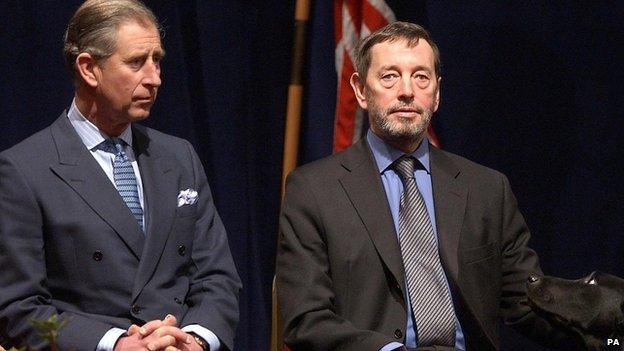
Mr Blunkett, right, did not mind Prince Charles commenting on schools policy
The Prince of Wales tried to persuade Tony Blair's government to expand grammar schools, former education secretary David Blunkett has said.
In a BBC Radio 4 documentary examining the constitutional role of the prince, Mr Blunkett said Prince Charles "didn't like" it when his request was refused.
He discussed complementary medicine and climate with other Labour ministers.
A spokeswoman for Prince Charles said he seeks to help people and communities here and abroad in whatever way he can.
Asked about remarks by Mr Blunkett and two other former cabinet ministers in the documentary, The Royal Activist, the spokeswoman said he "would not comment on private conversations".
Former prime minister Sir John Major also told the documentary that he changed policies after discussing them with the Queen.
'Unacceptable'
Recalling his conversations with Prince Charles, Mr Blunkett, who was education secretary between 1997 and 2001, said: "I would explain that our policy was not to expand grammar schools, and he didn't like that.
"He was very keen that we should go back to a different era where youngsters had what he would have seen as the opportunity to escape from their background, whereas I wanted to change their background."
"I can see constitutionally that there's an argument that the heir to the throne should not get involved in controversy; the honest truth is I didn't mind," added Mr Blunkett.
David Blunkett: "I would explain that our policy was not to expand grammar schools and he didn't like that"
"If you are waiting to be the king of the United Kingdom, and you've waited a very long time, you genuinely have to engage with something or you'd go spare."
But Graham Smith, chief executive of the group Republic which campaigns for the abolition of the monarchy, said it was wrong for any member of the Royal Family to try to shape the decisions of the elected.
He said royals should "stay out of politics completely" and that the claims were "completely unacceptable in a democratic society".
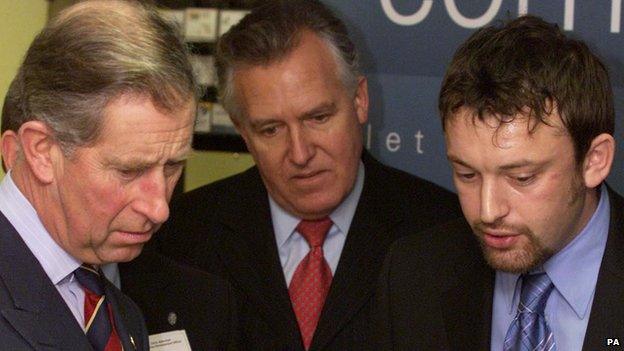
The prince, pictured with then Welsh Minister Peter Hain, centre, has often made his views known
Former environment minister Michael Meacher recalled that he and the prince "would consort together quietly" to affect policy on climate change and genetically modified crops.
He said they worked together "to try and ensure that we increased our influence within government" and to "persuade Tony Blair to change course".
Asked if there might be a constitutional problem in the prince taking a political opinion, Mr Meacher replied: "Well, over GM I suppose you could well say that. Maybe he was pushing it a bit. I was delighted, of course."

A 'meddling' prince?
It is not the first time Prince Charles has attracted interest - and at times criticism - for his views.
Previously:
The prince sparked anger in Moscow when, during a royal tour of Canada in May, he reportedly compared Russian President Vladimir Putin to Adolf Hitler
He appeared to criticise the authorities when he told flood victims in the Somerset Levels the "tragedy is that nothing happened for so long" to prevent flooding
The attorney general's refusal to let the public see letters written by the Prince of Wales to seven government departments was ruled unlawful by the Court of Appeal. The legal battle is now set to be decided in the UK's Supreme Court
A High Court judge criticised the prince for an "unexpected and unwelcome" intervention in a development at Chelsea Barracks in London. The prince had written to the Qatari prime minister to say his "heart sank" when he saw the design, prompting potential Qatari investors to pull out of the £1bn scheme
The prince - a critic of modernist architecture, external - reportedly said he "would go mad" if he had to work at Canary Wharf; that Birmingham Central Library looked like "a place where books are incinerated"; and that a stainless steel lecture hall at Essex University looked "like a dustbin", external
A Channel 4 Dispatches programme, called Charles: The Meddling Prince, made allegations of secret lobbying, external by the prince, prompting his then senior aide Sir Michael Peat to say the heir to the throne knew "the way he contributes to national life will change when he becomes King"
Then education secretary Charles Clarke in 2004 called the prince "old fashioned", external after he said the "learning culture" gave people hope beyond their capabilities.

Prince Charles has been a well-known supporter of complementary medicine. According to another former Labour cabinet minister, Peter Hain, it was a topic they shared an interest in.
"He had been constantly frustrated at his inability to persuade any health ministers anywhere that that was a good idea, and so he, as he once described it to me, found me unique from this point of view, in being somebody that actually agreed with him on this, and might want to deliver it."
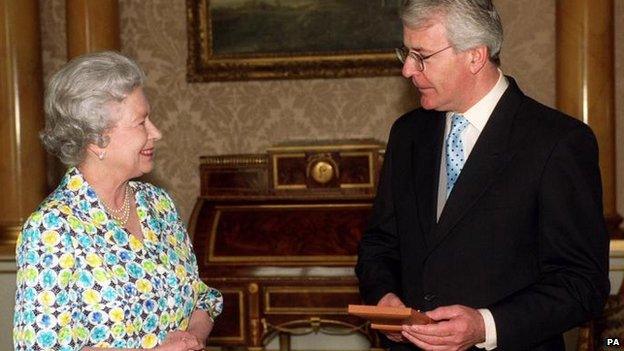
Sir John Major said it would have been "very foolish" not to be influenced by the Queen
Mr Hain said during his time as Secretary of State for Northern Ireland in 2005-7 he was able to introduce a trial for complementary medicine on the NHS.
He said Prince Charles had been "really enthusiastic" and tried, unsuccessfully, to persuade the governments in England and Wales to do the same thing.
The prince's policy interventions have also been supported by Sir John Major, who revealed that he occasionally changed policy as a result of discussions with the Queen - although he would not be drawn on the specific times this took place.
Asked if he remembered being influenced by the Queen, Sir John said: "I think every prime minister can think that, and can think of occasions where that happened."
He said it would be "very foolish indeed" not to be influenced.
"I can recall occasions where the Queen in discussion put a gloss upon something that made one think and reflect upon whether it was being done in the right fashion at the right time," Sir John said.
The Royal Activist is available to listen to on BBC iPlayer Radio.
- Published29 June 2014
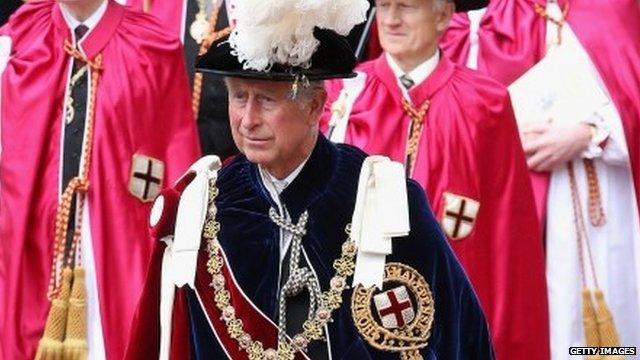
- Published21 May 2014
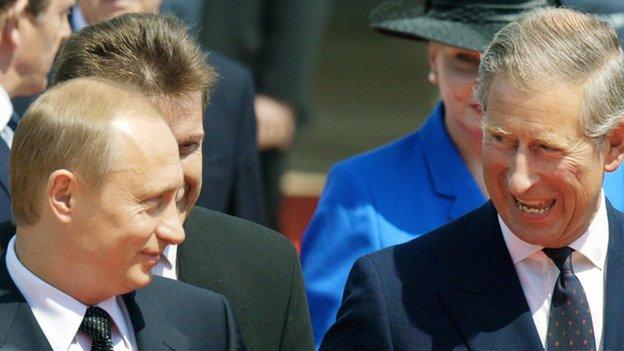
- Published12 March 2014
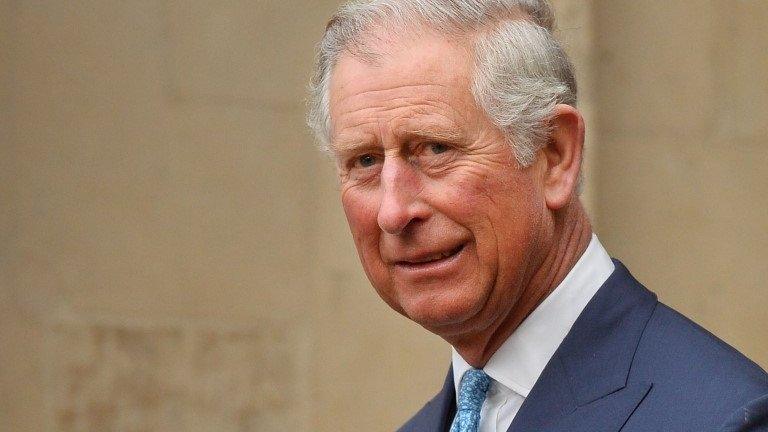
- Published21 May 2014
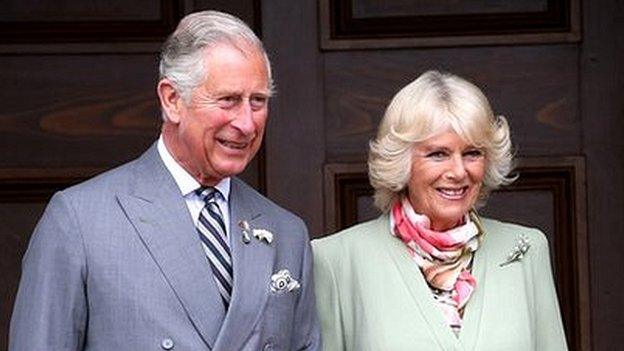
- Published14 November 2013
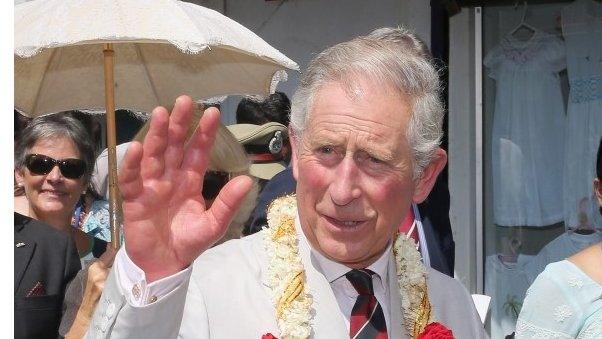
- Published16 October 2012